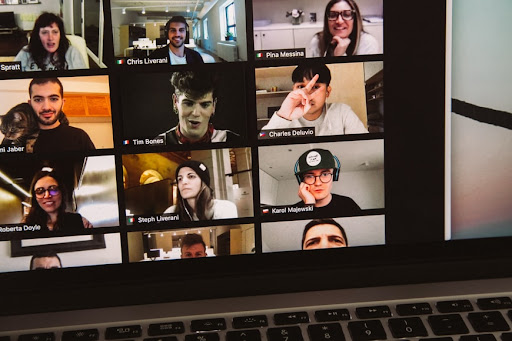One of the skills we all learn as we’re growing up is how to tell the time. While this involves learning how to read the face of a watch or clock and where the “big hand” and the “little hand” are, there is another “learning to tell the time” skill that leaders need.
This other time telling skill involves learning to read reality and logically or intuitively understand the best time to take decisions and actions that need to be taken.
With all the changes that have taken place in the world of work, it’s time for leaders to see that they need to embark on an active relearning programme.
For the past 70 years, since 1950, leaders in the business world have been appointed on the basis of their technical skills. In other words, many have been appointed because of a certain academic or other qualification they have obtained. One of the most sought after qualifications in business leaders was an accountancy qualification.
Because it was important to have someone at the helm who could manage a company’s finances and the complexities that accompany financial management of a large organisation, chartered accountants were usually first in line when it came to appointing CEOs and CFOs. Those with engineering qualifications were also sought after.
It made a lot of sense. They both had required the same qualifications and competencies, and shareholders could rest easy knowing that their investment was in safe hands.
Now I’m not suggesting that our accounting and engineering colleagues should be unceremoniously turfed out. What I am suggesting is that it’s time for those leaders to recognise that, while having technical skills is a very good thing, it’s simply no longer enough in this new world of work.
And why is that? Because leaders in the post-Covid reality need certain qualities and not only certain skills. They need to display qualities like empathy and compassion. They need to be able to plant and nurture hope in the hearts of their employees.
So here’s a big statement: if anyone in a leadership position has not embarked on a development programme in the past nine months, their ability to lead people is not what it should be.
Notice I said they should embark on a development programme – not a training programme. Training is for imparting skills, but the competencies leaders need today, like empathy and compassion, are not skills you can learn on a training programme. They are qualities that have to be nurtured and developed over a period of time.
That’s why it’s back to school time for leaders. Many business leaders have got as far as they have without the need to demonstrate empathy or compassion. In fact hard-nosed business leaders consider such qualities as a weakness.
But the post-Covid era requires a different mindset. Leaders who want to succeed, flourish and thrive in the new post-Covid reality need to have the self-awareness and humility to put their pride in their pocket, check their ego at the door and introduce a six-, nine- or 12-month development programme for themselves and all the leaders in the company.
That’s what time it is now!
As we move out of the storm caused by the “Covid Chaos” into a very different reality from the pre-2020 workplace, it’s time for leaders to take their teams back to school. Sure you can wing it in the hope that you’ll make it through on what you already know. After all, you may well be an expert who’s extremely knowledgeable in your field but, as UCLA basketball player and later UCLA coach John Wooden once remarked, “It’s what you learn after you know it all that counts.”
Alan Hosking is the Publisher of HR Future magazine, www.hrfuture.net and @HRFuturemag. He is a recognised authority on leadership competencies for the future and teaches experienced business leaders as well as millennial managers how to lead with empathy, compassion, integrity, purpose and agility. In 2018, he was named by US-based web site Disruptordaily.com as one of the “Top 25 Future of Work Influencers to Follow on Twitter“. In 2020, he was named one of the “Top 200 Global Power Thought Leaders to watch in 2021” by peopleHum in India.


























